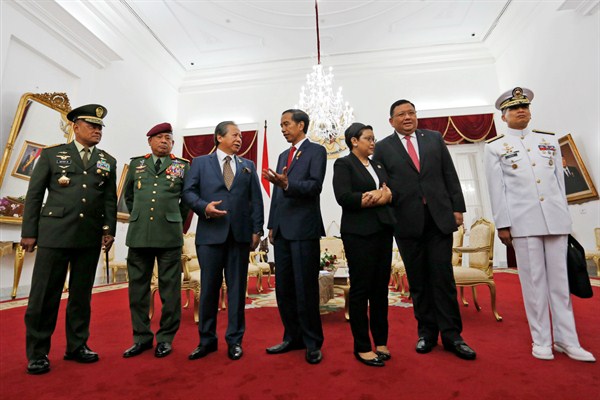Last month, Indonesia, Malaysia and the Philippines agreed to begin coordinated patrols to improve maritime security after an increase in kidnappings at sea by the Filipino militant group Abu Sayyaf. In an email interview, Collin Koh, a research fellow at the Maritime Security Programme at the S. Rajaratnam School of International Studies in Singapore, discussed maritime security cooperation in Southeast Asia.
WPR: How extensive is maritime security cooperation among Southeast Asian nations, and what efforts are underway to expand cooperation?
Collin Koh: Maritime security cooperation among Southeast Asian countries remains primarily bilateral, which makes sense since countries in the region have varying threat perceptions and resource capacities. In the past decade, countries have gravitated toward so-called mini-lateral frameworks—coalitions of a few neighbors coalescing around a particular, common maritime security problem that does not require a broader, multilateral level of participation. These coalitions are better focused and take into account the region’s unique geostrategic and geopolitical contexts.

